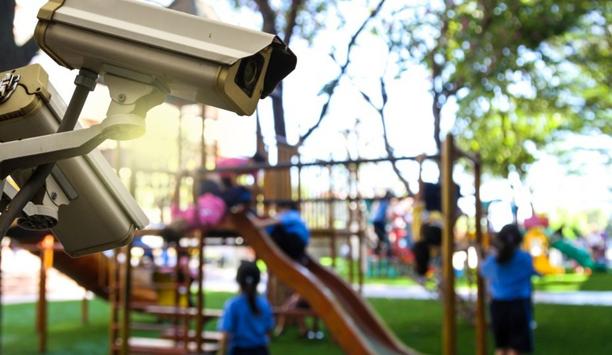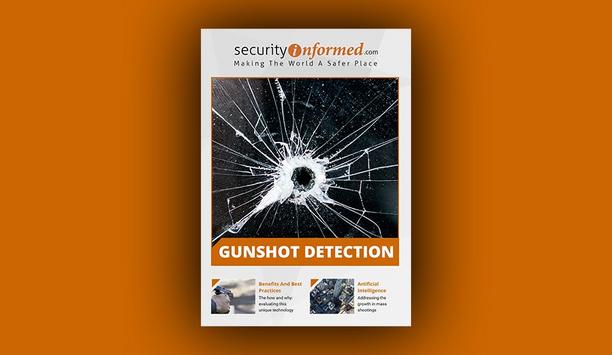 |
| BSIA is considered a natural partner for SfS as it looks to develop its business over the coming years |
The British Security Industry Association (BSIA) has recently announced a new partnership with Skills for Security, in a landmark move that brings the sector skills body firmly back within the remit of the industry.
The move, approved by board members of both organizations, will see Skills for Security become a wholly-owned subsidiary of the BSIA, reversing the Association’s divergence from its former training body, the Security Industry Training Organization (SITO), which facilitated the formation of Skills for Security in 2006. Skills for Security will retain its own legal identity and, as such, remains a separate company limited by guarantee.
James Kelly, Chief Executive of the BSIA, cites commercial factors as the rationale behind this agreement, commenting: “Skills for Security has had some notable successes in recent years – such as training 5,300 security people in preparation for the London 2012 Olympic and Paralympic Games – and the organization’s Directors have been considering how best to develop the business going forward, and view a partnership with the industry trade body as essential in building closer alignment to the industry.”
“There are several synergies between the two organizations, including a shared history and a number of Directors in common. As such, the BSIA is considered a natural partner for Skills for Security as it looks to develop its business over the coming years.”
Rather than allow it to be integrated into a wider business sphere, the BSIA has agreed to assume sole ownership of Skills for Security, which will return the sector skills body for the security industry firmly within the auspices of the industry’s trade association, as it was almost seven years ago. Importantly, this will also ensure that the industry retains control over its own training standards, particularly National Occupational Standards.
The BSIA’s strong links with industry representatives is the key to both organization’s future success, with the Association intending to leverage its existing relationships to raise the profile of Skills for Security and ensure that it retains its position as a leading training body for BSIA members, as well as the wider security sector.
The BSIA’s strong links with industry representatives is the key to both organization’s future success, with the Association intending to leverage its existing relationships to raise the profile of Skills for Security |
In a changing industry affected by developments to regulation and legislation, it has been recognized that, in recent years, Skills for Security has not been as close to industry suppliers as it could have been. As such, this development will improve the organization’s ability to serve the current changing market dynamics.
Lord Stevens, Chairman of Skills for Security, comments: “We hope that one of the many positive results of this merger will be a significant increase in the number of BSIA members who use Skills’s resources. We see a huge potential in bringing the two organizations together, and, in keeping with the Government’s desire for improved employer engagement in skills development, believe that an independent SfS and the BSIA can together make the new joint business work very well. I look forward to the exciting opportunities that this new chapter will bring for Skills for Security, our industry and its people.”
James Kelly concludes: “Broader engagement with the wider security sector is a key element of the BSIA’s business plan, and reflects one of our key strategic objectives for 2013 and beyond. Bringing Skills for Security on board is an exciting opportunity, which will give the Association a fresh angle from which to do business and subsequently enable us to expand our reach within the security industry.”


















